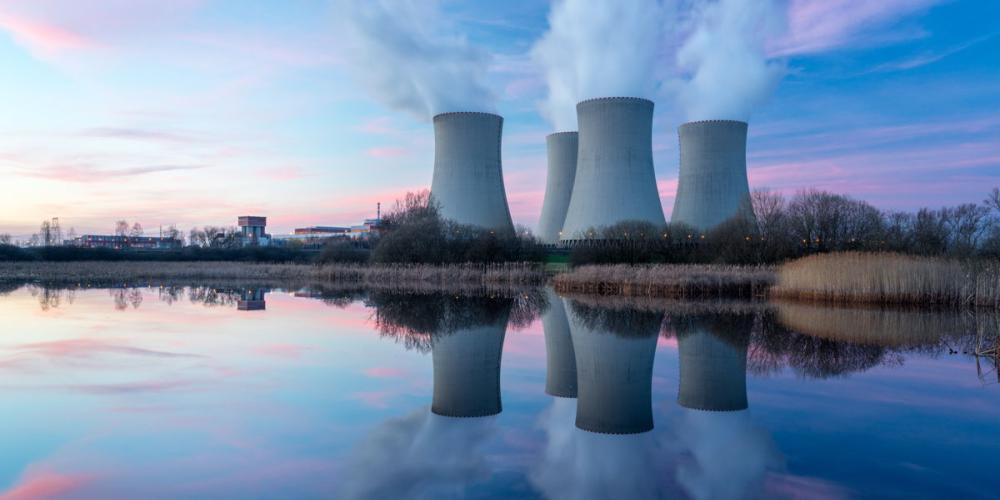
Social scientist studies evolution in public discourse and reaction to nuclear accidents
The role of nuclear power in the Belgian energy system has caused controversy for nearly five decades. This complex issue clearly touches a nerve in society. Karel Deneckere of the Faculty of Social Sciences and Solvay Business School of the Vrije Universiteit Brussel has investigated the public discourse. Deneckere: “The public debate on nuclear energy in Belgium was largely stagnant and this is largely due to an unwillingness or inability to acknowledge the political dimension of the problem. Today, we are slowly seeing movement. Major players, such as Engie, seem to have thrown in the towel and are abandoning nuclear energy in Belgium. Within politics, among others the NVA and MR, there still seems to be faith in the need for nuclear energy, but opponents of nuclear power now have the wind at their backs.”
The term “nuclear energy” arouses different associations in different people. Some see this form of energy generation as a climate-friendly alternative, while others mainly see its risks. Deneckere examined how large-scale nuclear accidents such as Three Mile Island (US, 1979), Chernobyl (Ukraine, 1986) and Fukushima (Japan, 2011) have helped shape opinions in Belgium. To this end, he used publications by the umbrella organisation of Belgian electricity companies and by the Belgian environmental movement, as well as media reports.
Radical socio-ecological change
From these reports and publications, Deneckere was able to reconstruct seven major schools of thought, sometimes overlapping, that each values nuclear energy in its own way: techno-optimism, techno-pessimism, government responsibility, corporate social responsibility, democratic control, green politics and sustainable development. He then divided these seven views into three categories according to their attitude to large-scale nuclear accidents:
1. Preservation of the status quo. In this case, nuclear energy retains a dominant position in the Belgian energy mix. Proponents of this category see the “problem” in the failure of the public or the media to understand this complex technology. The underlying idea is a firm belief in the power of humans to control nature. Nuclear accidents are played down.
2. Proponents of more control. The second category does not really question the desirability of nuclear power in the Belgian energy mix. Proponents of this category see the “problem” mainly in the management of power plants, the lack of transparency and thus the difficulty of exercising democratic control. They see this control as a necessary condition for guaranteeing safety. To be able to control nature responsibly, humanity in all its diversity must be given a say.
3. Achieve socio-ecological change. The third category aims for a fundamental transformation of the Belgian energy system and challenges the dominant assumptions about the relationship between humans and nature. Proponents of this category see the “problem” in the persistent belief that humans dominate nature, as they believe the deep connection between the two makes it impossible to exercise ultimate control. Therefore, an energy system must be developed that can be brought into harmony with nature and is resilient enough to withstand its unpredictability.
Nuclear energy advocates lose dominance
Deneckere: “A comparison shows that the first category of the status quo is gradually losing dominance, mainly in favour of the last category. In the social debate, the credibility of the concept of human connection with nature has increased. As a result, the cultural-social support for nuclear power seems to be slowly eroding.”